Combining nature and medicine in fight against fungi
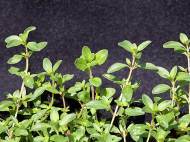 Food-safety-focused studies by U.S. Department of Agriculture (USDA) scientists and their colleagues unexpectedly led to development of more effective prescription drugs used in fight against severe fungal infections. They found that pairing conventional antifungal medicines with compounds from plants— such as thymol, edible compound extracted from the popular herb thyme—can boost the healing effects of some of these drugs.
Food-safety-focused studies by U.S. Department of Agriculture (USDA) scientists and their colleagues unexpectedly led to development of more effective prescription drugs used in fight against severe fungal infections. They found that pairing conventional antifungal medicines with compounds from plants— such as thymol, edible compound extracted from the popular herb thyme—can boost the healing effects of some of these drugs.
Led by now-retired Bruce C. Campbell, the researchers at Agricultural Research Service (ARS) Western Regional Research Center in Albany, Calif., performed experiments with species of Aspergillus mold. Found worldwide in air and soil, Aspergillus can infect corn, cotton, pistachios, almonds and other crops, and can produce aflatoxin, a natural carcinogen.
Aflatoxin-contaminated crops must be identified and removed from the processing stream, at times resulting in large economic losses. Since 2004, Campbell, ARS molecular biologist Jong H. Kim, and colleagues have created a list of potent, plant-based compounds that kill a target Aspergillus species, A. flavus, or thwart its ability to produce aflatoxin.
A. flavus and two of its relatives, A. fumigatus and A. terreus, may impact the health of immunocompromised individuals exposed to the fungus in moldy homes. In a 2010 article in Fungal Biology, the team reported that a combination of thymol and two systemic antifungal medications (fluconazole or ketoconazole) inhibited growth of these fungi at much lower-than-normal doses of the drugs.
A related study provided new evidence to support earlier findings, at Albany and elsewhere, which had suggested that plant compounds such as thymol may sabotage a target fungi’s ability to recover from oxidative stress triggered by antifungal drugs. A 2011 article published by Kim, Campbell and others in Annals of Clinical Microbiology and Antimicrobials documents this research.
Although plant-derived compounds have already been used to treat fungal infections (both individually and combined with antifungal medicines), the research performed by researchers in ARS Western Regional Research Center in Albany revealed some apparently unique pairs and found clues about the mechanisms likely responsible for the impact of powerful combinations of drugs and natural plant compounds.
For more information, you can read the article published in the Agricultural Research magazine: “Human Medical Advances May Result From Tree Nut Research”.

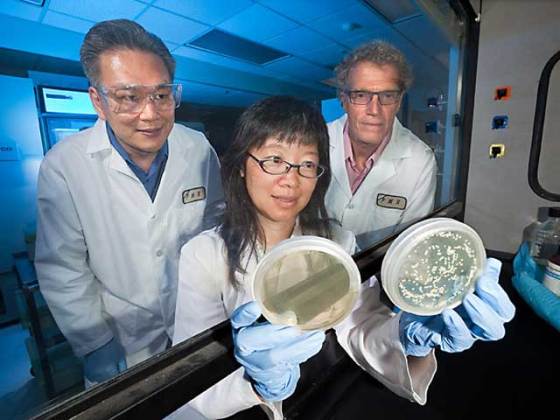
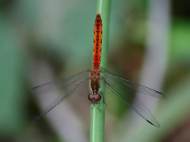

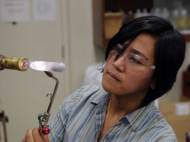
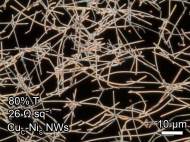



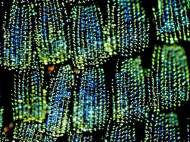
Leave your response!